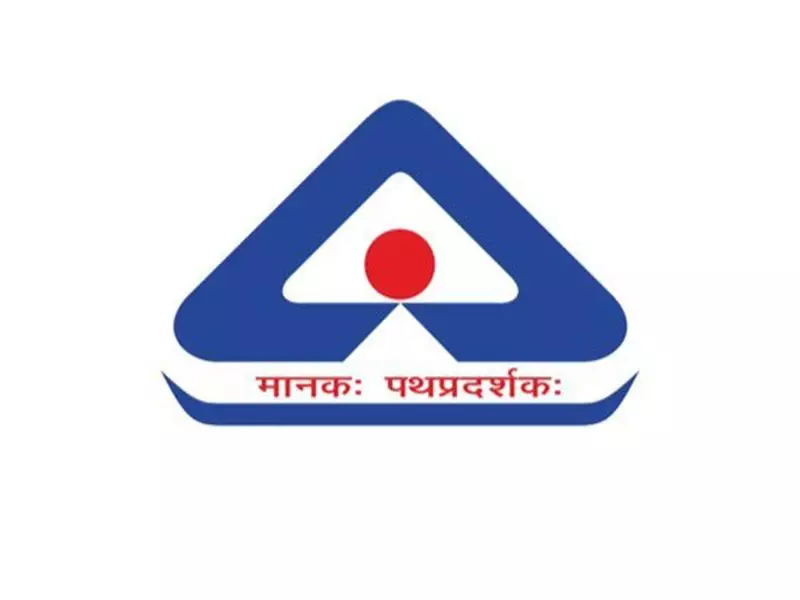
In a landmark decision that signals a significant shift in regulatory approach, the Indian government has withdrawn 14 Quality Control Orders (QCOs) issued by the Bureau of Indian Standards (BIS). This strategic move is being hailed as a major boost for industry and a substantial step toward improving India's ease of doing business landscape.
What This Regulatory Reform Means for Businesses
The withdrawal of these 14 BIS quality control orders represents a fundamental change in how the government approaches industrial regulation. Rather than maintaining mandatory quality certifications across all sectors, authorities are adopting a more nuanced approach that reduces compliance burden while maintaining essential quality standards where truly necessary.
The decision was formally announced on June 20, 2024, following careful consideration by relevant ministries and industry stakeholders. This regulatory simplification comes after extensive consultations with business representatives who had highlighted the challenges of multiple compliance requirements across different product categories.
Specific Orders Withdrawn and Their Impact
While the complete list of withdrawn QCOs covers various industrial sectors, the common thread is their impact on small and medium enterprises. The affected orders previously mandated BIS certification for specific products and materials, requiring manufacturers to undergo rigorous testing and certification processes.
This regulatory relaxation is particularly significant for the manufacturing sector, which has been advocating for reduced compliance costs and streamlined processes. Industry experts estimate that the withdrawal could save businesses thousands of hours previously spent on certification procedures and related documentation.
The government's approach demonstrates a growing recognition that not all products require the same level of regulatory scrutiny. By focusing quality control measures on critical sectors while easing requirements elsewhere, authorities aim to strike a balance between consumer protection and business facilitation.
Broader Implications for Ease of Doing Business
This decision aligns with India's ongoing efforts to improve its global ranking in ease of doing business indices. The withdrawal of these quality control orders sends a strong signal to both domestic and international investors about India's commitment to creating a more business-friendly environment.
Industry associations have welcomed the move as transformative, noting that it will reduce entry barriers for new businesses and encourage innovation across multiple sectors. The simplified regulatory framework is expected to boost domestic manufacturing capabilities and enhance India's competitiveness in global markets.
The timing of this reform is particularly crucial as India positions itself as an alternative manufacturing hub in the global supply chain. By reducing unnecessary regulatory burdens, the government aims to attract more investment in manufacturing and create employment opportunities across industrial sectors.
This regulatory reform represents a shift toward trust-based governance, where the government places greater faith in industry self-regulation for non-critical products while maintaining strict oversight where public safety is paramount. The approach reflects a maturation of India's regulatory philosophy and a more sophisticated understanding of market dynamics.
As India continues its journey toward becoming a $5 trillion economy, such business-friendly measures are essential for sustaining growth momentum and encouraging entrepreneurial spirit across the nation.






